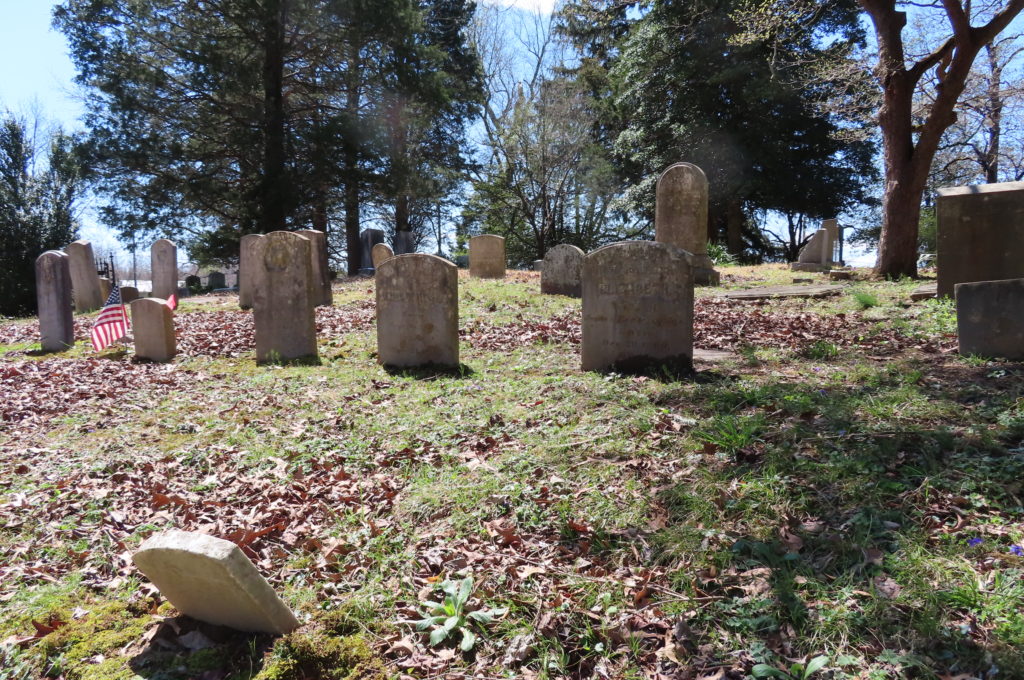Quaker Burial Grounds to Become Historic Site

By Susan Nolan
Deale. Franklin. Owings. Harwood. Gale. The names on the tombstones in the 350-year-old Quaker Burying Ground in West River read like a Who’s Who of early southern Anne Arundel County.
Even so, the earliest Quaker graves in the cemetery are unmarked. “An Episcopal priest once said, ‘the Quakers are buried like dogs,’” says Phil Caroom, referring to the early Quaker practice of burying bodies without coffins and leaving graves unmarked. “They believed in simplicity and equality. Elaborate burials go against those beliefs.”
According to Caroom, the clerk of the West River Quaker Burying Ground Trustees, the Quakers were the second-largest religious group in colonial Maryland. Many were influential slave-owning tobacco planters. Their numbers decreased after 1777 when Quakers were called to emancipate their human property or give up their faith. Many converted to other Christian denominations to keep their enslaved workers while some moved further west and north to join the growing abolitionist movement.
“By the early 1800s, there were fewer Quakers in the area, and they had begun adopting the practice of marking graves with simple tombstones, usually just the name and dates. Sometimes just the name,” Caroom explains. “If you see an elaborate tombstone, that person probably wasn’t a Quaker.”
The burial ground is home to several large monuments. According to Caroom, the larger, and more detailed markers likely belong to non-Quakers decedents. The cemetery’s open spaces may hold the earliest, unmarked graves—some dating back to 1672.
Earlier this year, Trustees decided new plots would no longer be offered. Trustee Lisa Owings Purner of Churchton is a Quaker decedent. She will likely be one of the last people to be interred in the cemetery. “Both sides of my family have people here,” she says.

Trustees are rededicating the site as a historical and educational landmark. On Saturday, April 23, at 1 pm, they will gather at the Galesville Memorial Hall for a celebration and a rededication ceremony. The program will include brief Quaker worship, a short discussion on local history, tours, and an ice cream social. The public is invited but because space is limited reservations are requested at https://forms.gle/awkRaTgRkVEEydTN7
Fun fact: Like ice cream? You can thank a Quaker. In 1851, Baltimore Quaker Jacob Fussell became the first American to mass produce ice cream for commercial sale. Ice cream socials still play an important role within the Quaker community.
